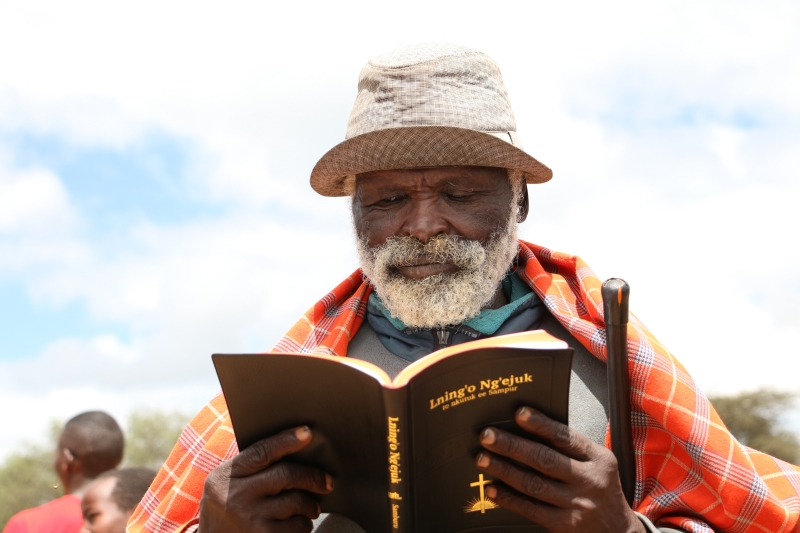
Where are we investing our energy in the ministry?
“It has always been my ambition to preach the gospel where Christ was not known so that I would not be building on someone else’s foundation, Romans 15:20. When Paul says ‘where Christ has not been known,’ he means places where there is no worship of Christ at all.
Paul here indicates that he believed that God had given him the ministry of establishing strategic churches in virgin gospel territory. Paul must have felt ‘crowded’ by too many Christians around him. His purpose was, therefore ‘not to build on another’s foundations’ (see 2 Cor. 10:13–18). As he does in 1 Cor. 3:9b–15, Paul uses the metaphor of a building to describe the work of ministry.
To adopt Paul’s other metaphor from the same passage, he had been given the task of ‘planting’; others, like Apollos, were there to ‘water’ the fragile new growth (1 Cor. 3:5b–8). In John 10:16, Jesus says, ‘I have other sheep that are not of this sheep pen. I must bring them also. They too will listen to my voice, and there shall be one flock and one shepherd.’ Where are we investing our energy in the ministry? Communities who have never heard the gospel of Jesus for the first time are referred to as unreached people groups.
In Kenya, these communities are: located in remote areas characterized by the harsh climate and rough terrains; have unwritten languages; have low levels of literacy; have high poverty levels; have little or no Christian witness; have little or no church plants and lack of basic social amenities. These are the communities that the Bible Translation and Literacy (BTL) that we serve with seeking to reach, evangelize, and disciple using mother-tongue Bible.
It is my prayer that we should have compassion for ‘other sheep that are outside Christ‘s pen’. This week, as we pray, let us remember the communities in Kenya who have never heard of Jesus, and have no Scriptures written in the form and language that they can understand. Faith comes by hearing and hearing the word of God.”
By Elly Gudo, a Translation Consultant at BTL
